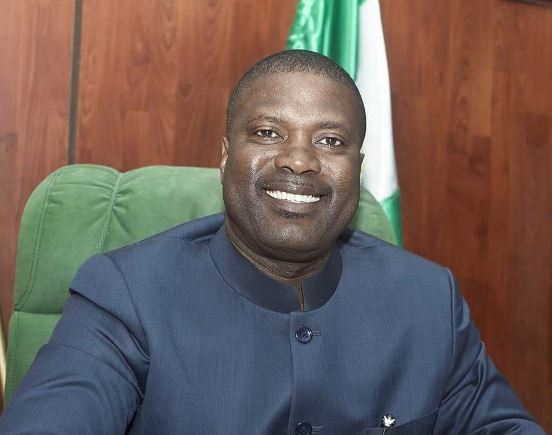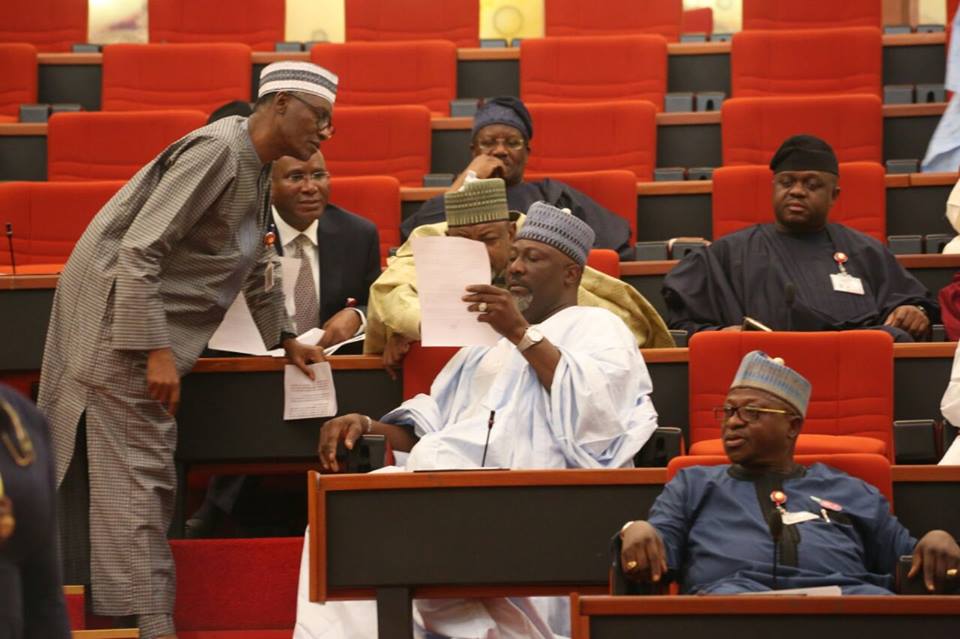BY ANDREAS THALASSINOS
Nigeria has entered its worst recession in over 29 years. According to the Nigerian National Bureau of Statistics’ (NBS) GDP report, Nigeria’s economy contracted by 2.06 percent in the 2nd quarter of 2016. This translates into its lowest growth rate in three decades.
While economic woes are affecting the outlook of the country, individuals are trying to insulate themselves from the effects of high interest rates, unemployment and an inflation rate of over 18%. Saving in this environment can be extremely challenging, even Nigerians who are able to save, are not getting traction. A lack of savings capital is not just a Nigerian issue however; a report issued by the OECD last year, revealed that there is a global pension crisis. It states that people retiring today can expect half the income of those who became pensioners at the start of the millennium.
A person buying an annuity today, who saved 10 percent of their income into a pension for 40 years, will receive just over half the earnings of someone who saved the same amount but retired 15 years ago. Consequently, it can come as no surprise that an increasing number of Nigerians are looking at alternatives to build up their wealth and Forex trading has become an interesting and accessible option.
Advertisement
The appeal of Forex trading, especially if you live in a country that is hamstrung by inflation and economic uncertainty, is that it offers investment opportunities in foreign instruments that deliver real returns in strong markets. In addition to Forex trading, products such as CFDs also offer the trader benefits because they can capitalise on opportunities regardless of whether the market is moving up or down given that they take the correct side of the trade.
A CFD is a “Contract for Difference”, it is a contract to exchange the difference in value of a financial instrument (the underlying market) between the time at which the contract is opened and the time it is closed. Traders also don’t need to own the underlying asset, meaning they can make investments with significantly lower capital commitments.
At first glance, Nigeria would not be your usual suspect if you had to speculate which nation would embrace Forex trading, but if you dig deeper, it makes perfect sense. Nigeria has been under the spotlight for some time as the economy has experienced some major disruptions. Notably, taking the title of Africa’s largest economy away from South Africa and enduring the consequences of unpegging the naira from the USD in 2016, as well as dealing with a massive debt burden. From my experience, when teaching students how to trade the financial markets throughout different regions, I am often asked about global events and how they are impacting the markets.
Advertisement
The media landscape is becoming more sophisticated and access to news via multiple devices is sensitising Nigerians to global issues and how they affect their economy. Increased coverage of global financial developments and awareness around market volatility, has helped to focus attention towards market movements and increased Nigerians’ desire to learn more about the financial markets.
Infrastructure has also played a pivotal role in the uptake of Forex trading, as Nigeria has made significant improvements in their internet connectivity and especially, mobile services. Statista, a Data and Statistics Portal estimated that Nigeria is likely to have about 15.5 million new smartphone users in 2017 and mobile internet has reached over 90 million users.
This means that there are more people taking advantage of mobile solutions and the huge array of applications that have been developed for smartphones. The rise of mobile trading apps and on-the-go solutions, have created the prime conditions for online trading – a trend we have seen confirmed in the extremely high demand for our ForexTime Trading App. An impressive one third of the downloads on active devices come from Nigeria.
While the ability to access a vibrant Forex trading market is good news for Nigerians, it comes with a caveat. Investing in Forex, or any other financial instrument for that matter, requires a degree of education.
Advertisement
Even investing in a basic bank product needs research because different savings products offer a variety of returns and flexibility. As you move up the scale of investment products – the higher the returns, the higher the risks, so jumping into the Forex market “green” may have less than favourable results. Forex trading is now available to, and being considered by, a much wider audience with more varied backgrounds.
Potential investors may have no experience in finance or economics, so taking the time to learn about the technical and fundamental aspects of the trading environment, is crucial to the success of the investor. FXTM is acutely aware of this fact and has invested heavily in online tutorials, workshops and videos to make sure investors enter the market with confidence.
While Nigerian clients have shown a strong appetite for Forex trading, they have also acknowledged the need for education, and this has been confirmed by the fact that the FXTM workshops have been particularly well attended.
We have also witnessed a strong interest in FXTM Invest- our investment and copy trading program. In fact, over one third of the users of FXTM Invest are Nigerian. This trend shows that people are interested in trading but don’t necessarily have the time necessary to trade effectively, so they prefer to invest instead.
Advertisement
This is a correlation that we are also spotting outside of Nigeria and I believe that there is still room for further growth in social trading on a global level. At present, clients from Nigeria account for 36% of our active investors and we saw a growth of 114% in registered accounts in 2016.
The most popular currency pairs traded by our Nigerian clients are EURUSD, GBPUSD, USDJPY, as well as Gold and not surprisingly Oil, which is Nigeria’s primary export. As a result of the strong growth in this African market, we have expanded our operations to South Africa and recently secured a license to operate from the Financial Services Board.
Advertisement
Like all investments, currency trading carries risks that have to be managed. As brokers, it is our responsibility to ensure our traders have access to all the tools and information that will help them safely navigate the markets. Helping to build our traders’ skills in fundamental and technical analysis, and assisting them to get a solid understanding of the markets, ensures that investors will have rewarding trading careers.
As Nigeria makes its transition from a purely commodity-based to a more diversified economy, we see a bright future for currency derivatives and intend to continue investing and growing our presence in this country. We strongly believe that our focus on education is the key to a sustainable and successful relationship with traders.
Advertisement
Thalassinos, is a professor and head of education at FXTM.
Advertisement
Add a comment






